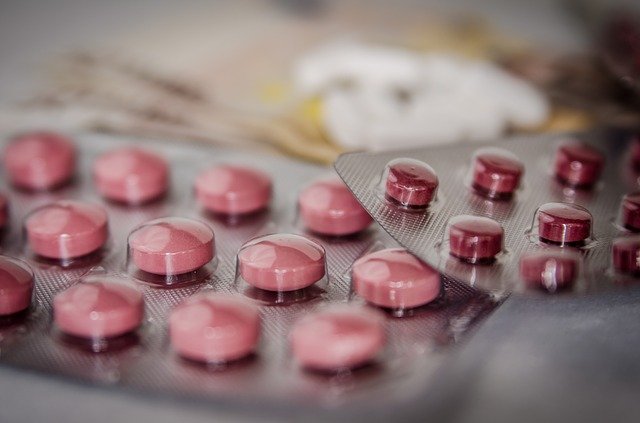
The world of medicine and pharmacology is vast and complex. Hundreds of thousands of drugs are being created, studied, and tested right now in the hope of treating diseases and viruses like COVID-19. Pharmacologists work tirelessly every day to provide new life-saving drugs to those who need them.
If you're someone who's interested in a career in drug creation, you're probably trying to gather as much knowledge on the topic as possible. Well, today, we're going to talk you through the differences between biosimilar and generic drugs.
What is a biosimilar product?
Biosimilar drugs are created to mimic the effects of a natural (or biological) compound. Once approved by the necessary regulatory boards, biosimilar drugs can be used to treat a wide range of illnesses.
Let's say a compound found in a particular plant or animal can be used as a medicine to treat a particular illness, for example, cancer, HIV or Alzheimers. Big pharmaceutical companies will look at that particular compound to determine how/why it's effective.
Then, they'll create a synthetic version of the biological compound that, although slightly different in composition, provides the same medicinal effect as the biologic drug. The resulting biosimilar drug can be produced on a large scale.
Often, biologic drugs are far too complex for pharmacists to replicate exactly, so biosimilar drugs are created to provide a similar medical result.
Biosimilar drug safety
Biosimilar drugs have to have comparable levels of efficacy and safety to the original biological medicine before they're approved for public use. The only differences between the biological drug and the biosimilar are non-active ingredients or components that won't create unwanted side effects.
Before being released to the public, biosimilar drugs have to be tested extensively. Clinical trials show how effective the biosimilar drug is in comparison to the biologic drug, when the clinicians are happy that the drug is both safe and effective it can be rolled out on a larger scale.
Benefits of biosimilar drugs
Biosimilar drugs have a number of benefits. First and foremost, biosimilars help to reduce the costs of life-saving treatments by making them more accessible. Some biologic drugs cost thousands of pounds to harvest and administer. Biosimilar drugs can dramatically reduce this cost.
Another benefit of biosimilar drugs is the reduced impact on the species that the biologic drug occurs in. Some biologic drugs are only accessible to us if plants and animals are killed. With synthetic, biosimilar versions of these compounds, pharmacists are able to offer the same great treatment without heavily impacting the original biological species.
Biosimilar vs generic drugs
So, now you know what a biosimilar drug is, let's take a look at how they differ from generic drugs.
Although biosimilar drugs are cheaper to manufacture than biologic drugs, generic drugs are actually the cheapest and easiest drugs to create.
Generic drugs are copies of branded drugs. So, pharmacologists manufacturing generic drugs aren't trying to replicate the effects of a complex biological molecule, they're simply recreating another, branded, drug that's already widely used.
Generic drugs do not require the same level of testing as biosimilar drugs, because the dosage, side effects, route of administration, risks, and strength are already known.
Unlike biosimilar drug manufacturers, generic drug manufacturers can bypass the development, marketing, and promotion of their newly synthesized drug because doctors and patients already know what it is and how to use it.
Branded drugs tend to contain colours and flavourings that make their version of a generic drug unique in some way. This can be beneficial for patients who favour a certain flavour or use the colour of the pill to differentiate between their medication.
In summary, generic drugs are the simplest forms of drugs that can be mass-produced at a fairly low cost. In comparison, biosimilar drugs are far more complex and require rigorous testing before they can be given to the wider population. Branded drugs could be generic, biosimilar or biologic in nature, they just contain non-active additives to make them stand out on the market.
Learn more about the pharmaceutical industry here: Pharmaceutical industry
Working in a pharmaceutical job role will have you researching, creating and developing a wide range of life-changing drugs including biosimilar and generic drugs. If this sounds like something you want to get involved in, take a look at our current pharmaceutical job vacancies below.
Browse Our Pharmaceutical Jobs Now >
If you have any questions about our pharmaceutical jobs, or if you're interested in starting your journey towards a different science career, get in touch with the HRS team. You can call us on +44 (0)203 910 2980.
